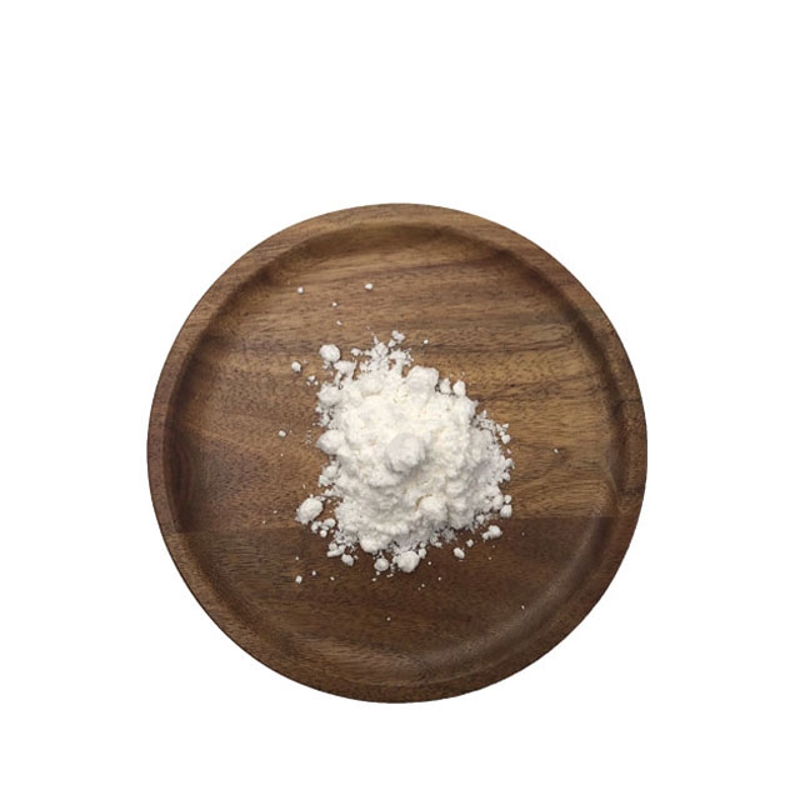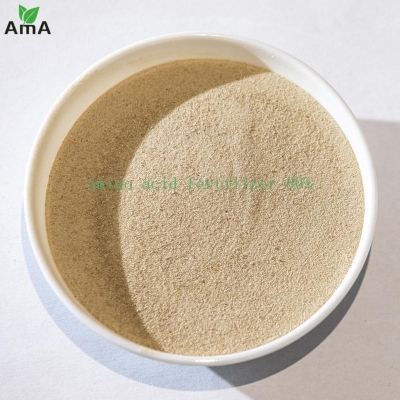Transfer of bevacizumab's rights and interests in bio similar drugs from Xinda bio to coherus
-
Last Update: 2020-01-15
-
Source: Internet
-
Author: User
Search more information of high quality chemicals, good prices and reliable suppliers, visit
www.echemi.com
[pharmaceutical network enterprise news] on January 14, Cinda biology announced that the company authorized the commercial rights and interests of bevacizumab biological analogues (ibi305) in the United States and Canada to coherus biosciences According to the terms of the agreement, coherus made a down payment and milestone payment of USD 45 million to Cinda bio for the commercialized interest of ibi305 Based on the future sales of ibi305, coherus will also pay for Cinda's double-digit percentage of sales In addition, coherus plans to submit a biological product license application (BLA) to the FDA from the end of 2020 to the beginning of 2021 Coherus also has a non exclusive priority to develop and commercialize cindalidoximab analogues (ibi-301) in the United States and Canada The new drug listing application of ibi-301 has been accepted by nmpa in June 2019 and has obtained the priority review qualification So, what is the origin of the ibi305 for this transfer of rights and interests? According to the data, ibi305 is a recombinant anti VEGF humanized monoclonal antibody injection, which can be used in non-small cell lung cancer, colorectal cancer and other malignant tumors Bevacizumab, the original drug, is a humanized monoclonal antibody IgG1 prepared by recombinant DNA technology By binding with human vascular endothelial growth factor (VEGF), it can inhibit the binding of VEGF and its receptor, block the signal transduction pathway of angiogenesis, and inhibit the growth of tumor cells At present, bevacizumab has been approved for the treatment of many malignant tumors, including non-small cell lung cancer, with significant efficacy and good safety On November 28, 2019, lovastazumab injection was successfully negotiated in the medical insurance drug catalog at the price of 1500 yuan / bottle; on December 9, the biological analogues of lovastazumab of Qilu pharmaceutical were approved for marketing, mainly used for the treatment of patients with advanced, metastatic or recurrent non-small cell lung cancer and metastatic colorectal cancer; on December 14, the biological analogues of lovastazumab of Qilu pharmaceutical were announced with 12 On January 14, 2020, the price of bevacizumab injection (100mg: 4ml) of Qilu pharmaceutical was reduced to 1198 yuan / bottle in Jilin Province However, the price is still expensive, which limits the access of patients in China In June 2019, at the 55th annual meeting of the American Society of Clinical Oncology (ASCO), Cinda biology published the experimental data of ibi305 (bevacizumab biological analogue) compared with bevacizumab for the first-line treatment of advanced non-small cell lung cancer Clinical results show that ibi305 is expected to provide effective and high-quality treatment for solid tumor patients Based on the clinical data, the National Drug Administration (nmpa) accepted the new drug listing application (NDA) of ibi305 in January 2019 and included it in the priority review Dr Yu Dechao, founder, chairman and President of Cinda biology, said that he hoped to promote the commercialization of ibi305 in the United States through cooperation with coherus, so as to benefit more patients around the world The bioequivalent drug udenyca, which is promoted by coherus to be listed on the market in the United States, has proved the commercialization ability of coherus and is believed to be an ideal partner of the company Ibi-301 is a biological analogue of rituximab, a recombinant human mouse chimeric anti-CD20 monoclonal antibody injection developed jointly by Cinda biology and Lilly Data show that rituximab is a kind of monoclonal antibody, which can combine with CD20 antigen on the surface of B lymphocyte, mediate complement dependent cytotoxic effect (CDC) and antibody dependent cytotoxic effect (ADCC), mediate the dissolution of normal and malignant B cells in vivo, so as to achieve the effect of anti-tumor treatment.
This article is an English version of an article which is originally in the Chinese language on echemi.com and is provided for information purposes only.
This website makes no representation or warranty of any kind, either expressed or implied, as to the accuracy, completeness ownership or reliability of
the article or any translations thereof. If you have any concerns or complaints relating to the article, please send an email, providing a detailed
description of the concern or complaint, to
service@echemi.com. A staff member will contact you within 5 working days. Once verified, infringing content
will be removed immediately.







